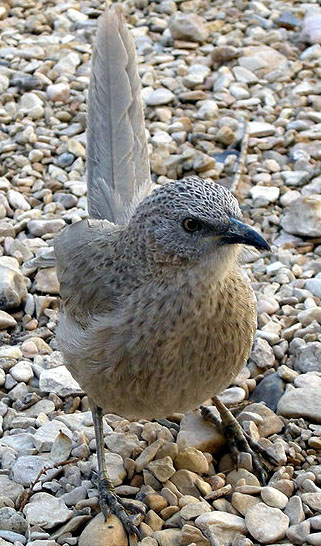 |
> MORAL OUTCOMES (BEHAVIORAL GENETICS)
 > CASES OF "COSTLY" HELPING
> CASES OF "COSTLY" HELPING
Misleading apparences of costly helping are also vividly exemplified by colony defense in meerkats (Suricata suricatta) (Clutton-Brock et al 1999). Meerkats, a type of mongoose found in arid southern Africa, typically live and forage in groups. Some individuals serve as sentinels, watching for predators and sounding a general alarm if one is spotted. By vocalizing loudly, however, the sentinel seems to alert any nearby predator and put herself at more risk: an apparent costly act. Sustained and careful observation, however, reveals that meerkats guard from safe vantage points, where they can readily escape into a burrow. In addition, sentinels are usually the first to detect the predator and they hide sooner than most others. Vigilance limits foraging time, however. Meerkats tend to adopt a guard role only when they are well fed. Sentinel behavior can thus benefit the individual meerkat while also benefitting others.
 The same pattern of sentinel volunteering has been observed in the bird, the Arabian babbler (Turdoides squamiceps) (Wright et al 2001), and others. The behavior, evolutionarily speaking, seems costly but is indirectly beneficial.
The same pattern of sentinel volunteering has been observed in the bird, the Arabian babbler (Turdoides squamiceps) (Wright et al 2001), and others. The behavior, evolutionarily speaking, seems costly but is indirectly beneficial.

|

 |